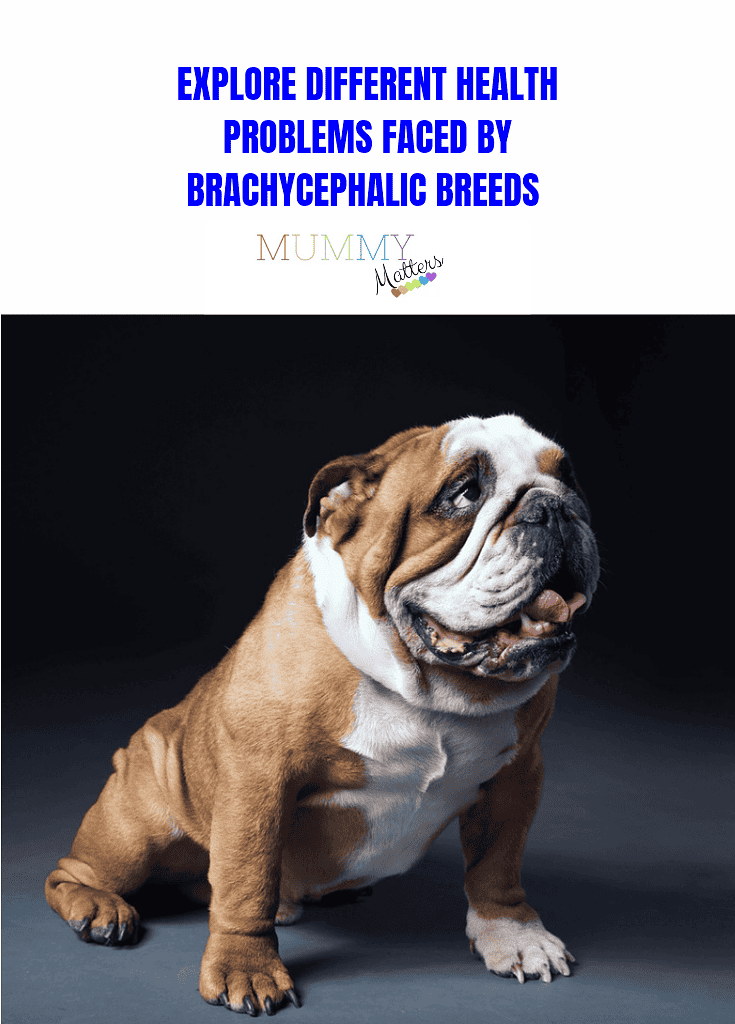Pet owners always wish and pray for their pets’ healthy and happy life. Brachycephalic animals have greater chances of facing painful and serious health issues than other breeds. Many Brachycephalic breeds require medical care and attention throughout their lifetime. It can be an expensive affair with significant bills from vets. It can be undoubtedly distressing and heartbreaking.
These dogs have flattened faces and short muzzles. It is because of a specific genetic mutation that transforms the way the bones comprising the skull develop. As such, the skull looks short and wide. This type of mutation may happen in a broad spectrum of breeds that may vary in length of the muzzle.
Some well-known brachycephalic dogs are French Bulldogs, Pugs, Boston Terriers, Bulldogs, Shih Tzus, Griffon Bruxellois, Affenpinschers, and Lhasa Apsos. Let us explore some common health issues faced by this breed of dog.
BOAS or Brachycephalic Obstruction Airway Syndrome
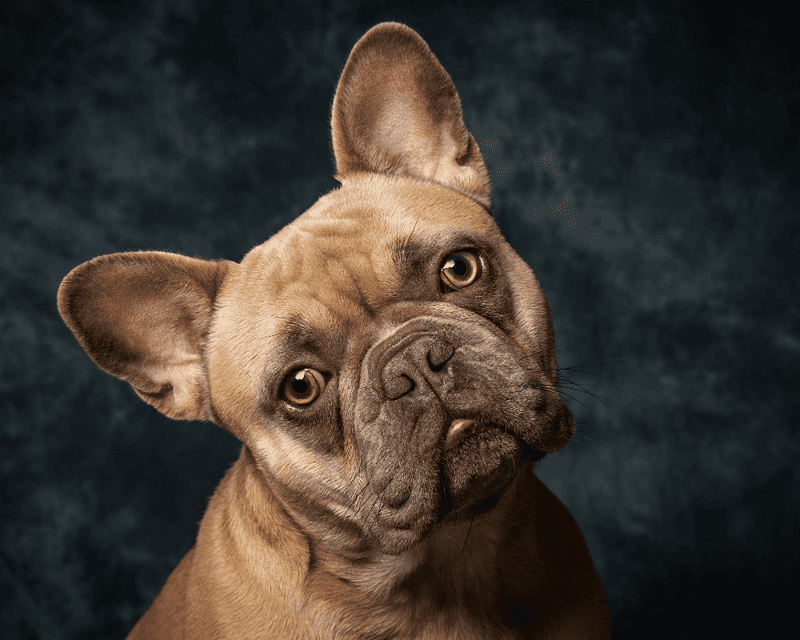
Brachycephalic breed animals suffer from a respiratory disorder called BOAS (Brachycephalic Obstructive Airway Syndrome). Their shortened heads and flattened faces cause significant breathing issues and can even cause great distress when attempting to breathe or sleep. Common symptoms include:
- loud snoring
- snorting
- Keeping their mouths open while sleeping, often by lodging some toys in them
- Sleeping in odd positions
- Collapsing after strenuous activity
Any of these symptoms mean your pet already expends immense effort while breathing, and the condition becomes critical in hot weather or during activity. When animals get hot, they cool their bodies down by panting. However, this is difficult and may even be impossible for brachycephalic animals.
If your pet suffers from these issues, it is time to consider treatment regimens. Possible treatments are:
- Removing cartilage from the nose area
- Removing the tissue that is constricting the larynx
- Removal of tonsils
- Reduction of the animal’s soft palate
If it is not an extremely intense case, some vets also recommend weight management as a first resort or a preventative treatment. Healthier pets have a better cardiovascular function and can deal with such issues much better.
According to an article on Forbes, French bulldogs are prone to BOAS. BOAS is supposed to be a respiratory disorder marked by three distinct abnormalities- soft elongated palate, narrowed or stenotic nostrils, and relatively smaller or hypoplastic trachea. BOAS is a progressive and lifelong disorder. You should take special care of your pet if he is a brachycephalic dog. In some serious cases, BOAS can shorten the lifespan of your precious pet.
The Humane Society Veterinary Medical Association claims that 50 percent of all French bulldogs demonstrate clinically significant symptoms of Brachycephalic Obstruction Airway Syndrome or BOAS. You can manage mild cases by focusing on limited exercise, staying away from hot temperatures, keeping stress at bay, and working towards weight loss. Your pet may develop heart issues because of BOAS. Consult with your vet and follow his recommendations to ease the symptoms. You may use Nonsteroidal Anti-Inflammatory Drugs and oxygen therapy for short-term alleviation of symptoms and relief. Surgery may be the best option if your pet is having major difficulties in breathing.
Dental Problems
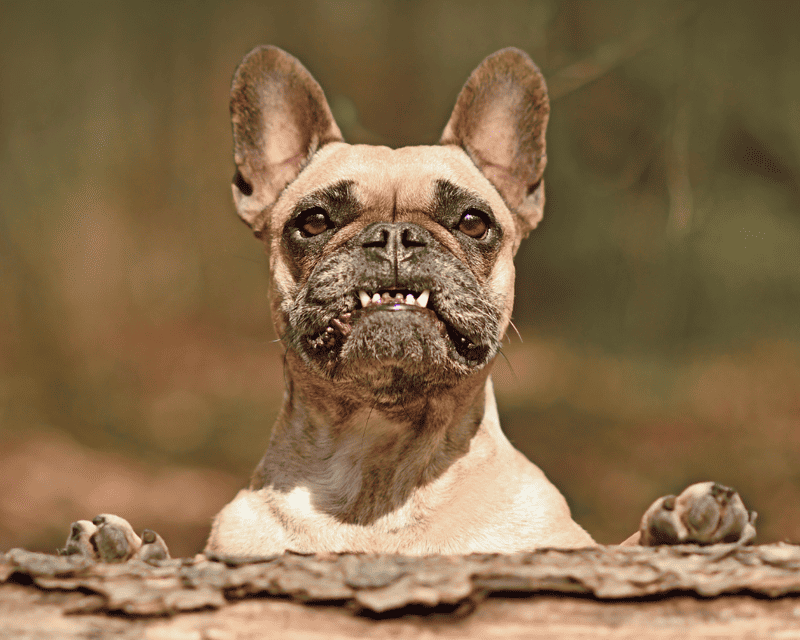
Dental issues are prevalent among all animals and a major concern for pet owners worldwide. Unfortunately, flat-faced breeds have it worse than other animals in this regard, facing 25% more risk of dental disease than their medium-sized-skull counterparts. Flat-faced dogs have the same number of teeth as others, but their snout is shorter, providing little to no room for the teeth to be placed. This causes an overcrowded jaw which becomes a breeding ground for infection too. Dental issues lead to severe pain that may extend for weeks and even months in some severe cases. Unfortunately, dental issues may trigger other more serious health concerns like heart disease.
- Symptoms of dental issues may include:
- Bad breath
- Bleeding or swollen gums
- Weight loss
- Difficulty eating
Some effective treatments to alleviate dental issues are:
- Resorting to tooth extraction
- Cutting-edge orthodontic procedures to correct teeth placement
- Using specially-designed dental care products
Skin Problems
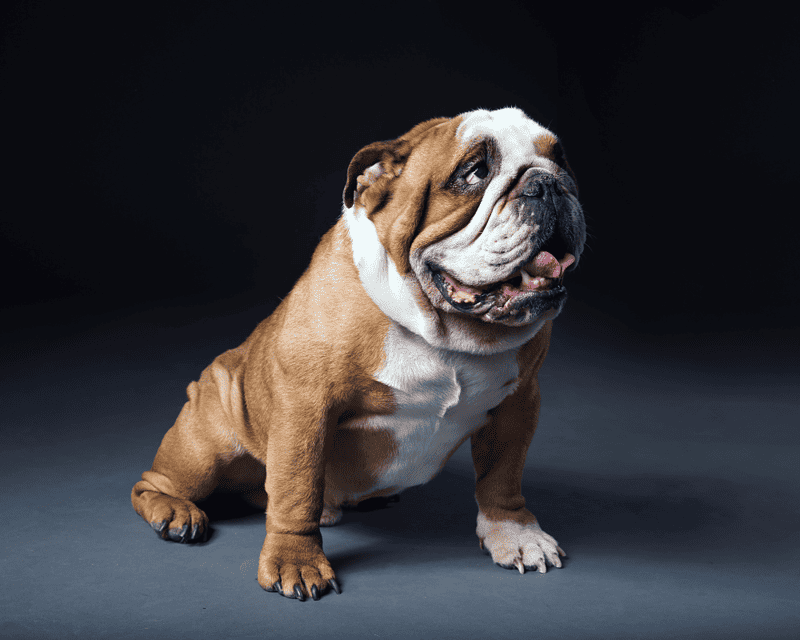
Some common skin issues that brachycephalic dogs may experience include:
Facial Fold Dermatitis
The excessive skin folds on their faces can trap moisture and bacteria, leading to skin irritation, redness, and infection.
Interdigital Dermatitis
Brachycephalic breeds often have deep skin folds between their toes, which can become moist and prone to bacterial or fungal infections.
Pyoderma
Due to skin folds and wrinkles, brachycephalic dogs may develop pyoderma, a bacterial skin infection. It can cause itching, redness, pustules, and a foul odour.
Heat Rash
Brachycephalic breeds are more susceptible to heat-related issues due to compromised airways. They can develop heat rash, which manifests as redness, irritation, and small bumps on the skin.
Dry Skin
The facial folds and wrinkles in brachycephalic dogs can contribute to dry skin. Dryness can cause itchiness, flakiness, and discomfort.
If you own a brachycephalic dog and notice any skin issues, it is important to consult with a veterinarian. They can provide a proper diagnosis, recommend appropriate treatments, and offer guidance on preventive measures to keep your dog’s skin healthy.
Spinal Abnormalities
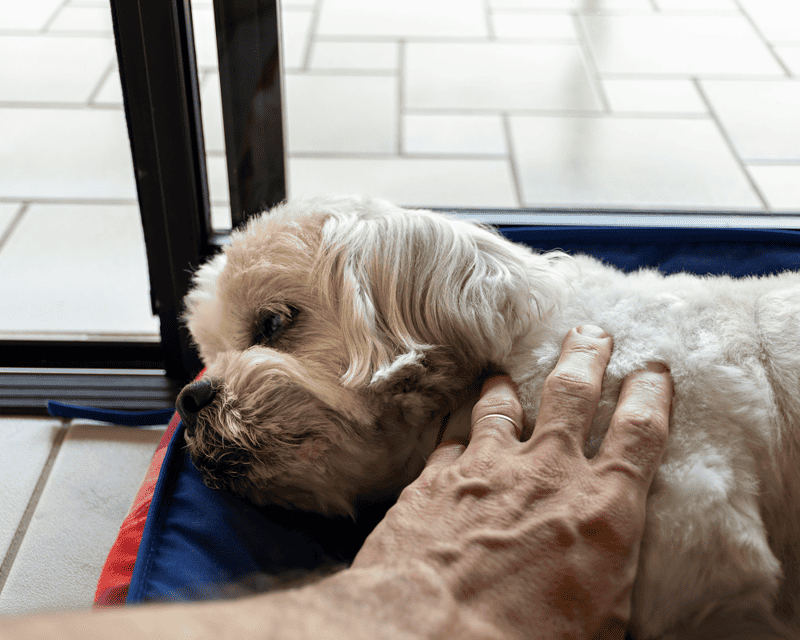
Brachycephalic dogs, especially those with short or coiled tails, are prone to spinal deformities due to their genetic makeup, which causes the vertebrae in the spinal column and tail areas to form abnormally. The speed of decline of their health can vary, and while some dogs may be able to live without any major mobility issues, others may have their back legs paralyzed and experience incontinence. Typical symptoms of spinal abnormalities include pain, wobbliness, altered gait, muscle wastage, and weakened back legs. Treatment depends on the extent and severity of the symptoms and how much they impact the quality of life of your pet. Some simple lifestyle changes may make it possible to manage your dog’s spinal issues.
Conclusion: Lifestyle Modifications
Since obesity aggravates the typical symptoms of brachycephalic dogs, keeping your dog’s weight under control is vital. Other steps to alleviate potential spinal issues in your brachycephalic dog include not exposing it to hot and humid weather and not overdoing it during exercise. Exercising indoors and exercising during the cooler hours of the day may help. You can help your dog breathe easier when sleeping by using a “donut” bed since it elevates the neck.
